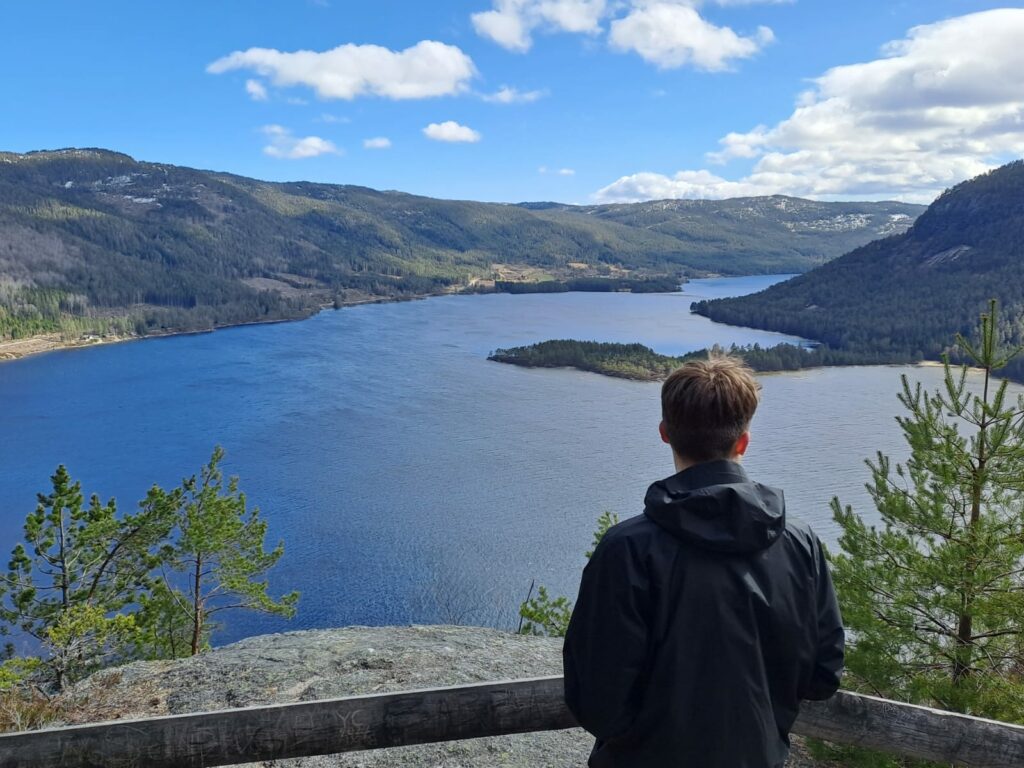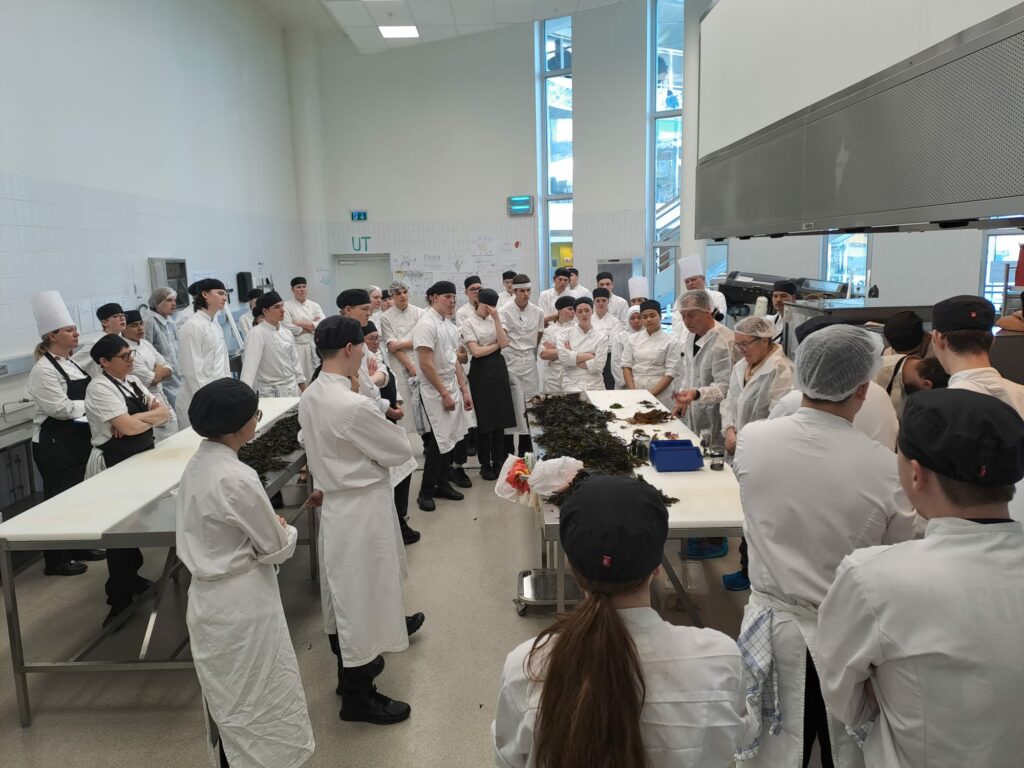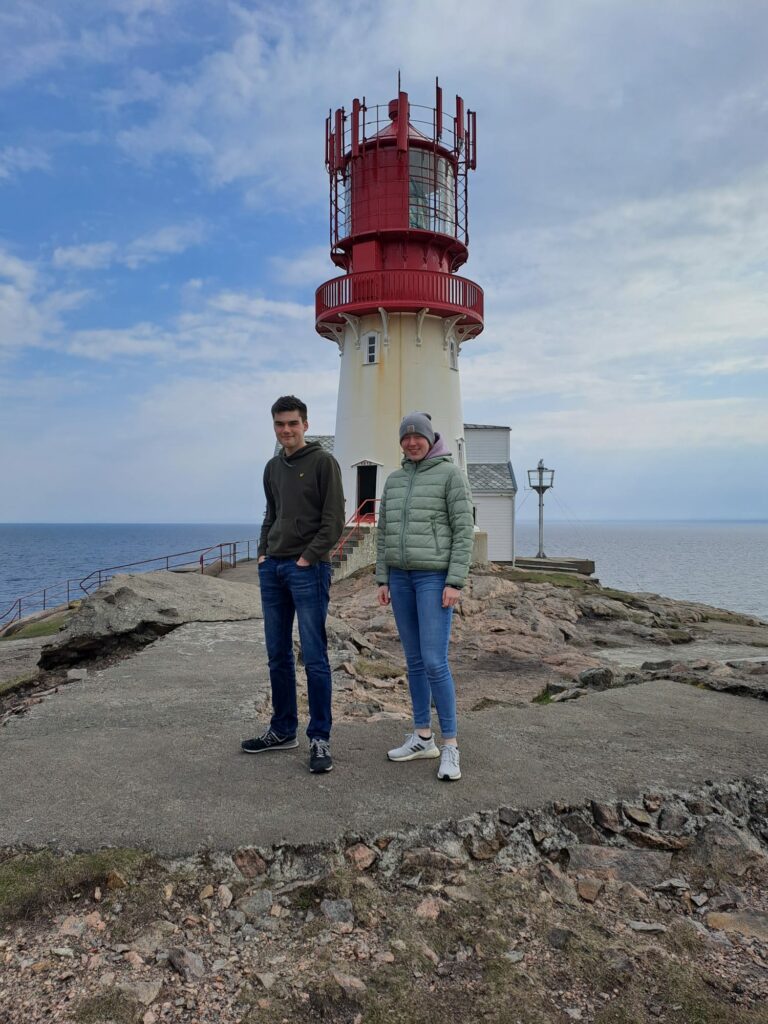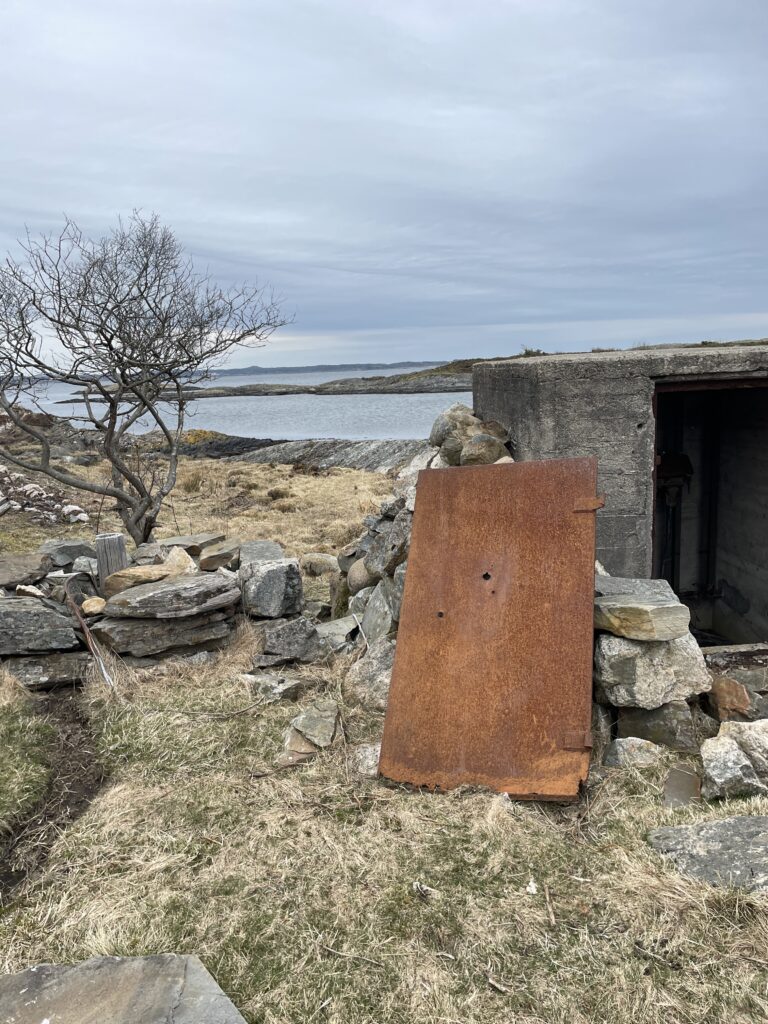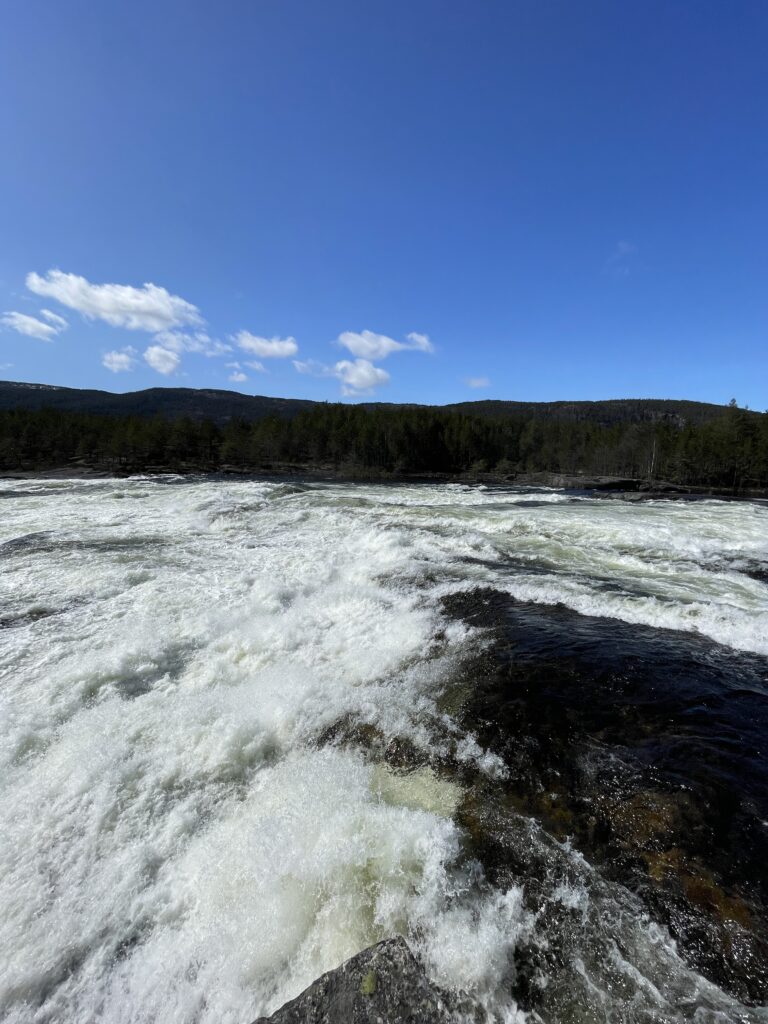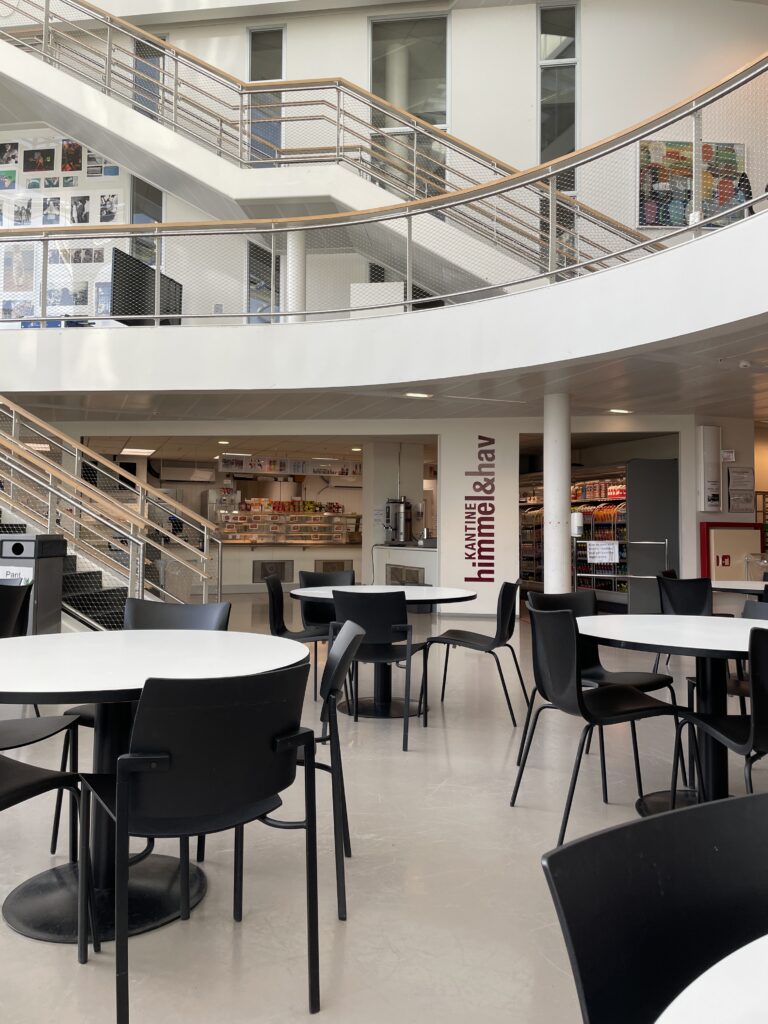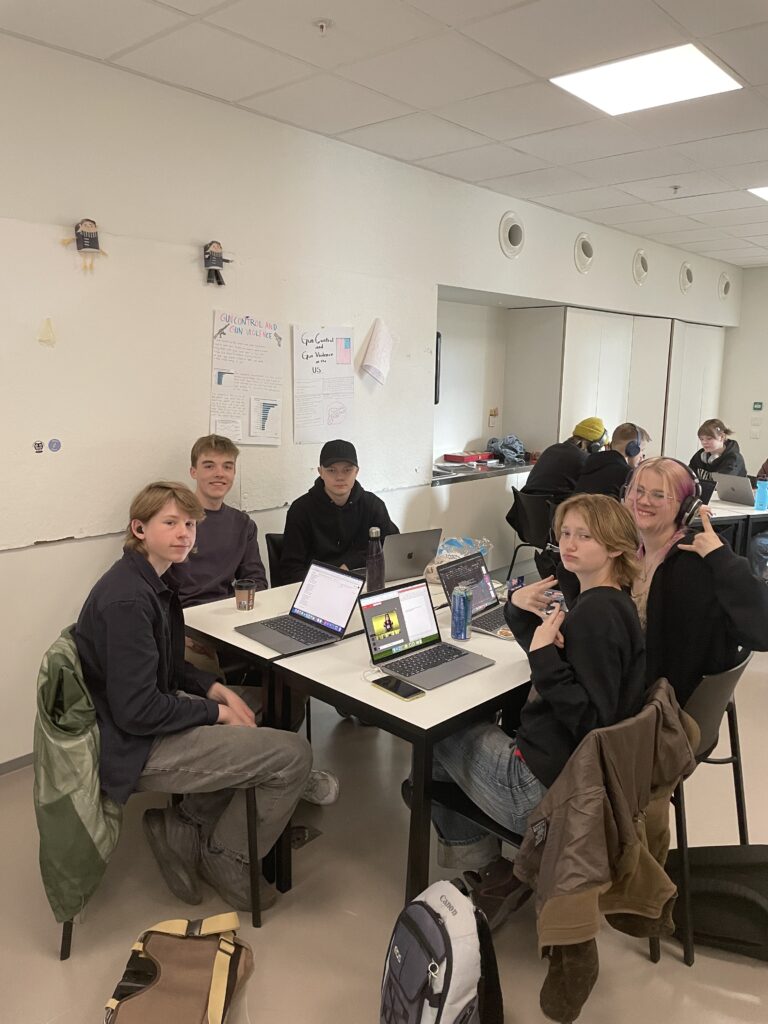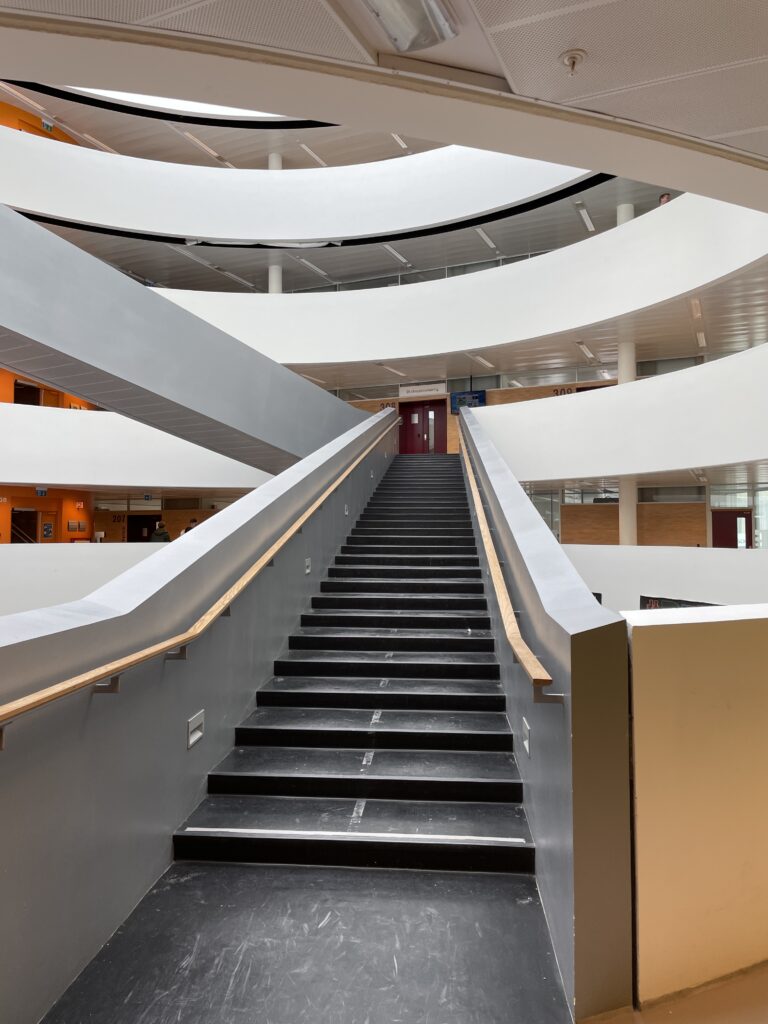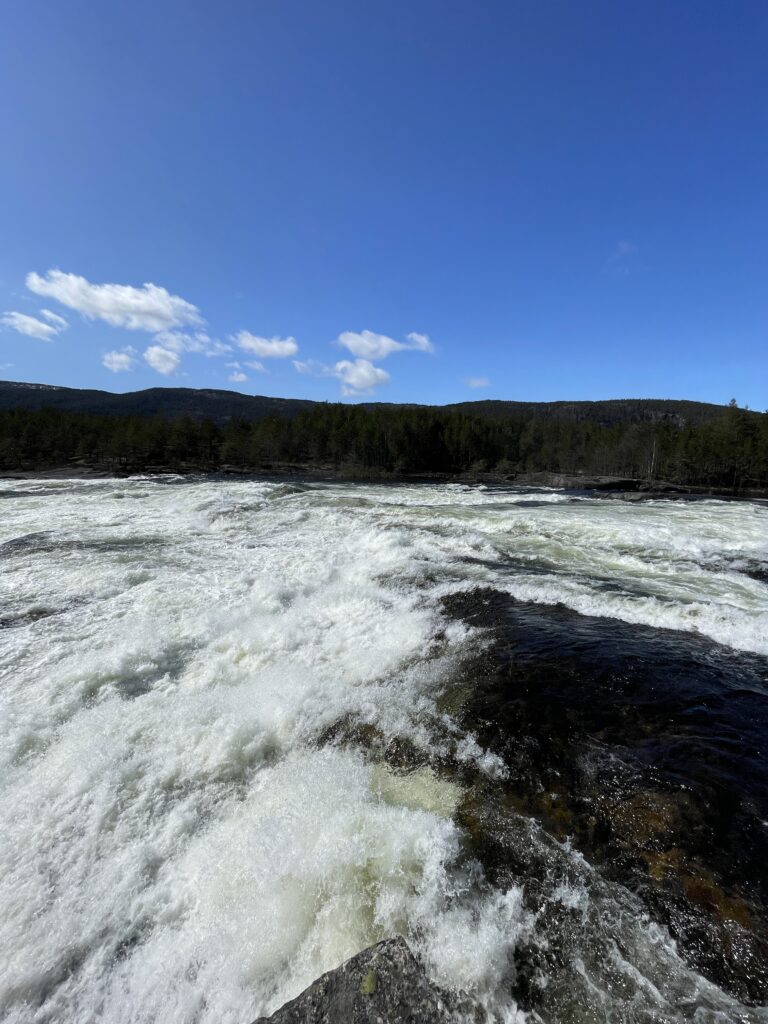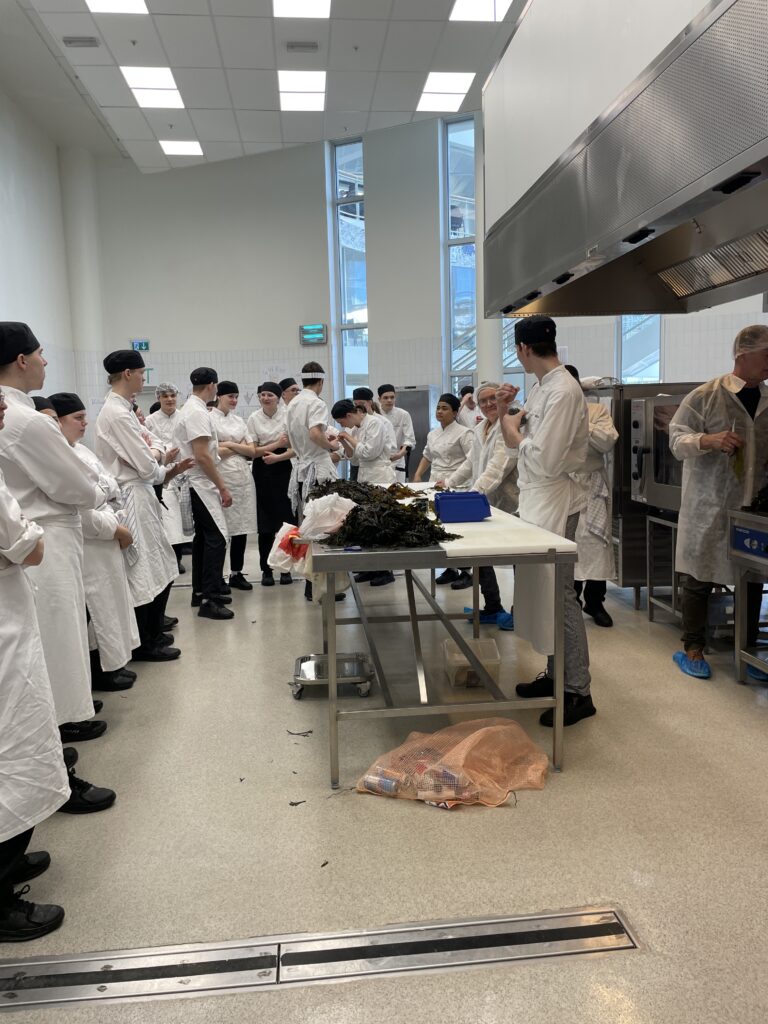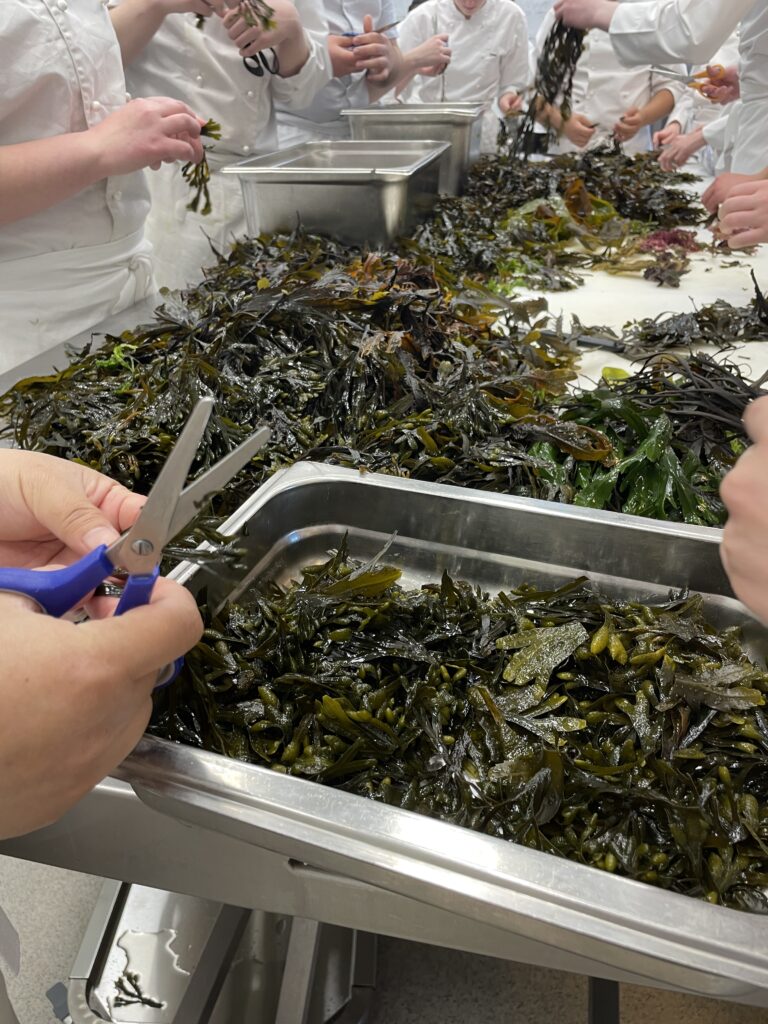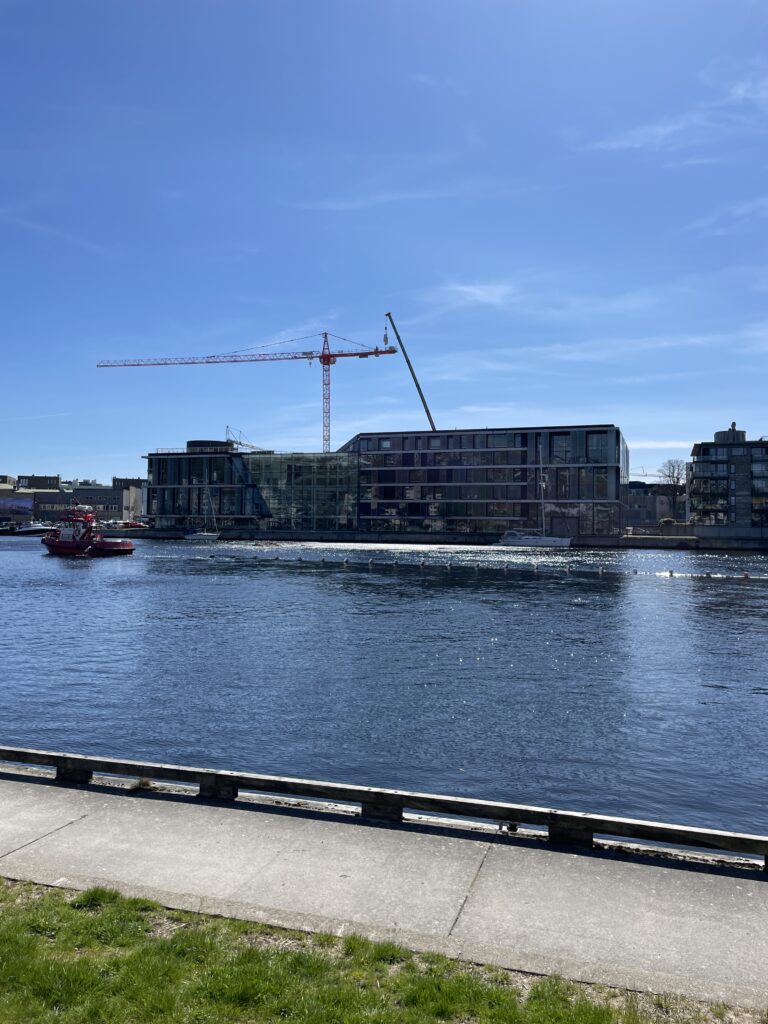Henris Bericht aus Norwegen
Henris Bericht aus Norwegen
Hallo, ich bin Henri Stammer und ich hatte die Möglichkeit, an dem Erasmus Plus Programm teilzunehmen. In diesem Travel Journey möchte ich mit euch meine Erlebnisse und Eindrücke teilen, damit ihr euch ein Bild dieser tollen Stadt machen könnt und inspiriert werdet, irgendwann mal selbst dorthin zu reisen.
Ziel meiner Reise war Kristiansand, Norwegens fünftgrößte Stadt. Die Auguste Viktoria Schule ist nämlich neuerdings Partnerschule der Tangen videregående skole in Kristiansand.
Während meines Aufenthalts habe ich bei Sebastian und seiner Familie auf der Insel Flekkerøya gelebt. Sebastian ist in Deutschland geboren, hat auf der AVS sein Abitur gemacht und ist vor ein paar Jahren nach Norwegen ausgewandert. Er unterrichtet Wi/Po und Deutsch. Die Familie hat mir nicht nur Unterkunft und Verpflegung zur Verfügung gestellt, sondern auch wertvolle Einblicke in die norwegische Kultur und Lebensweise gegeben. Sie waren sehr gastfreundlich und haben mich herzlich in ihrem Zuhause aufgenommen.
Als ich dann am Mittwoch in Norwegen ankam, fuhren Sebastian und ich erstmal zur Schule, um einen kleinen Rundgang zu machen und ich habe ein Interview mit dem Online-Redakteur Ludvig geführt. Am zweiten Tag meines Aufenthalts habe ich eine Englisch-Klasse besucht und die Gelegenheit genutzt, um mich mit einigen der Schülerinnen und Schüler zu unterhalten. Ich war beeindruckt von dem hohen Sprachniveau. Alle konnten fließend und selbstbewusst auf Englisch sprechen. Es war interessant zu sehen, wie der Unterricht in Norwegen gestaltet wird und wie sich das Schulsystem von dem in Deutschland unterscheidet.
Das norwegische Schulsystem ist in drei Stufen aufgeteilt. Im Gegensatz zu Deutschland geht die Grundschulzeit in Norwegen von der ersten bis zur siebten Klasse. Die Grundschule heißt dort „Barneskole“. Danach geht es auf die Jugendschule (Ungdomsskole) von Klasse acht bis zehn. Die letzten drei Jahre verbringt man auf der weiterführenden Schule (Videregående skole). Die Sekundarstufe II hat folgende Hauptrichtungen: Es ist möglich, die Hochschulreife zu erwerben und betriebliche Berufsausbildung abzuschließen, wobei beide Richtungen miteinander kombiniert werden können.
Das Kanonmuseum in Kristiansand war ebenfalls super informativ. Das Museum zeigt eine deutsche Küstenbatterie aus der Zeit von 1940-45 und ist die zweitgrößten Kanone der Welt (337 Tonnen). Besonders interessant fand ich die gemeinsame Geschichte von Kristiansand und Glückstadt, die auf ihren Gründer, König Christian IV., zurückgeht.
Während meines Aufenthalts habe ich auch am Geschichtsunterricht teilgenommen. Der Unterricht war sehr interaktiv und die Schülerinnen und Schüler wurden aktiv in die Diskussion einbezogen. Die Tangen Schule ist ja auch zugleich eine Berufsschule, wo man unter anderem Koch lernen kann. Ich durfte einer Kochklasse dabei zusehen, wie sie mit Algen gekocht haben. Norwegen ist bekannt für seine Küche aus dem Meer und es war beeindruckend zu sehen, wie Algen in der Küche verwendet werden können.
In total, I attended three different German classes. In each class I introduced myself and told a little about myself before I introduced Itzehoe and our school.
I told the students that Itzehoe is a small town in northern Germany and that I go to school there. I also talked about what life in Germany is like in general, in terms of culture, history and traditional cuisine. The students were very interested and asked me many questions about Germany and my life there.
Afterwards, we asked each other questions to practice the conversation in German. The students asked me about my hobbies, my favourite dishes and my opinion of Norway. I also asked them about their hobbies, their school and their favorite activities in Kristiansand. The students were very enthusiastic and committed and were able to improve their German skills and make new friends.
One of my favorite experiences was a trip with a biology class. The students had the task of catching and analysing different species of marine animals in order to learn more about the local marine fauna and flora.
I think it was really exciting to go fishing with the students and see different species of fish and other marine inhabitants. After we finished, we analyzed the animals and learned a lot about their characteristics and their way of life.
I also noticed some cultural differences with Germany.
One of the most striking differences for me was the openness and friendliness of the Norwegians. I was welcomed by many people, whether at school or on the street, nicely and quickly felt welcome. For me, this was a pleasant change from the more reserved kind I have experienced sometimes in Germany.
Another difference that I noticed is the importance of nature and outdoor life for Norwegians. Many people in Norway spend a lot of time in nature, be it hiking, skiing or just taking a walk.
As a participant in the Erasmus Plus programme, I had a unique opportunity to explore a new country, experience a different culture and make new friends. A great advantage for me was that I could improve my English at the same time. My tip for future students who want to go abroad is to prepare for the fact that it may be challenging at first, but it is definitely worth it. A positive attitude and openness to new experiences are particularly important. Learning a few basic words and phrases of the local language in advance in order to be able to communicate better is also helpful and I recommend.
To sum up, I had a great stay in Norway and I am grateful for the opportunity to participate in this exchange program. I will always remember this experience and hope to come back sometime in the future to see even more of Norway.
Henri on Instagram of the Norwegian school:
https://www.instagram.com/p/CsKWx1VJ9Sl/?igshid=MTc4MmM1YmI2Ng==
On the website of the school in Tangen you will find Henris report in Norwegian: https://tangen.vgs.no/aktuelt/takk-for-et-flott-opphold.54075.aspx
